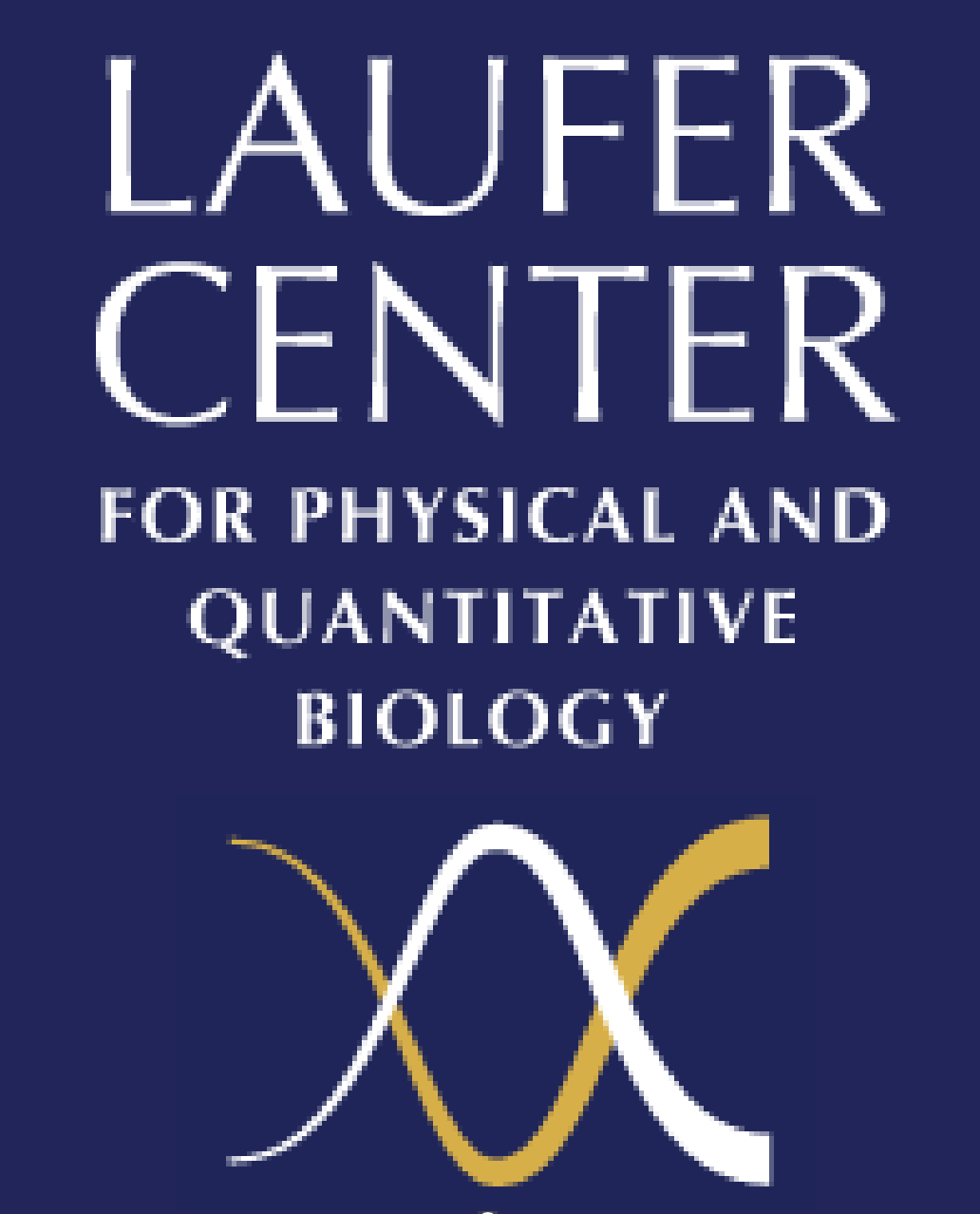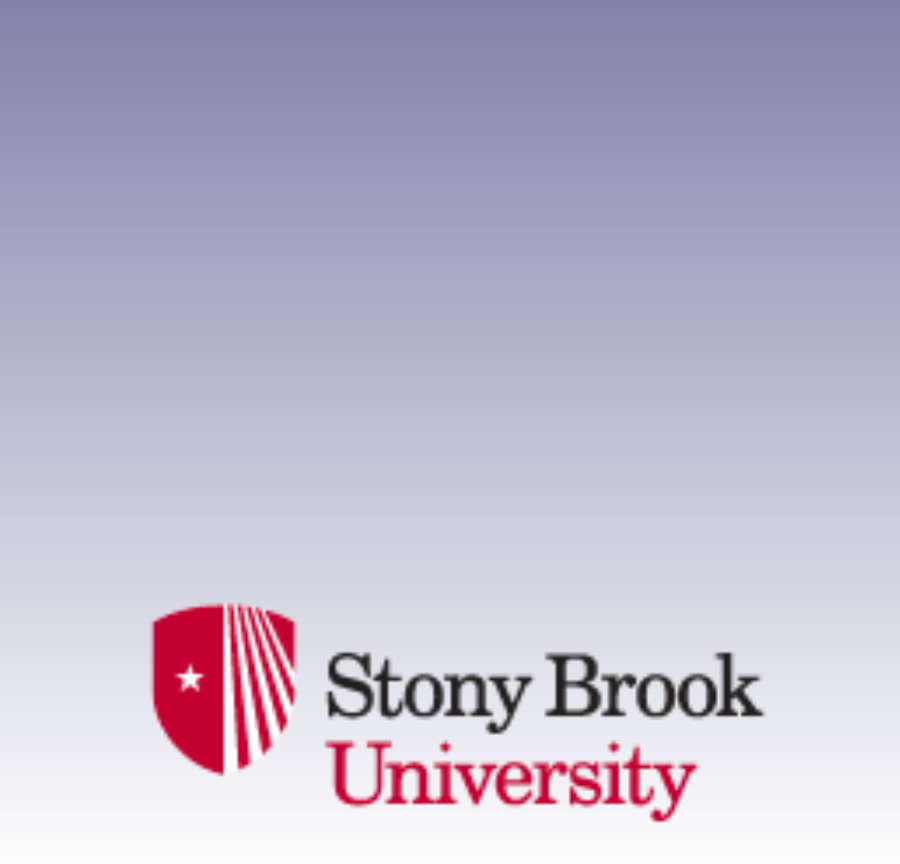Events Calendar
Margaret Cheung
Moores Professor of Physics, Chemistry, and Computer Science, University of Houston
Center for Theoretical Biological Physics, Rice University
From Protein Folding in vitro to Hierarchical Assemblies in vivo
In order to function, many proteins fold into a well-packed structure, form higher-order assemblies, and yet the folded phase must remain sufficiently flexible. It is unclear how proteins satisfy these contradictory constraints, especially in the crowded environment of a cell. In the first part of my presentation, I will show that these protein states can coexist by tuning where the protein operates within its temperature-pressure-crowding phase diagram. Phase diagrams can contain ‘critical points’ where the difference between any two phases disappears, such as when the liquid and vapor states of water become indistinguishable. Working with experimentalists who provide tools for validation, we successfully predicted many emergent features of a protein in a crowded environment with coarse-grained molecular simulations, high-performance computing, and advanced theories. Our findings suggest that by being near a critical point at physiologic conditions confers an advantage for enzymatic function because such a protein can sample widely different conformations without passing a costly thermodynamic barrier. In the second part of my presentation, I will discuss the active role of calmodulin-dependent kinase II (CaMKII) in organizing the structure and dynamics of actomyosin networks in a dendritic spine. I will show how a chemical reaction triggered by calcium binding to calmodulin (CaM) transmits a designated mechanical response across actomyosin network on a micron scale by using an integrative approach of quantum mechanical calculations, molecular modeling, non-equilibrium statistical physics, and mesoscopic simulations. In summary, the long-term goal of my research is to investigate the emergent structures and dynamics of higher-order protein assemblies in a cell and how these protein assemblies regulate the cell’s state.
Visit the Cheung Lab.


